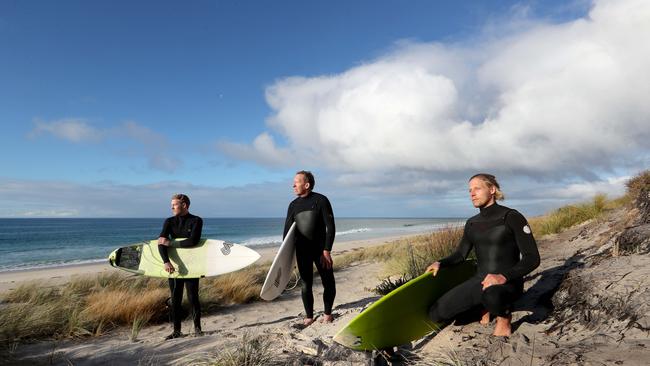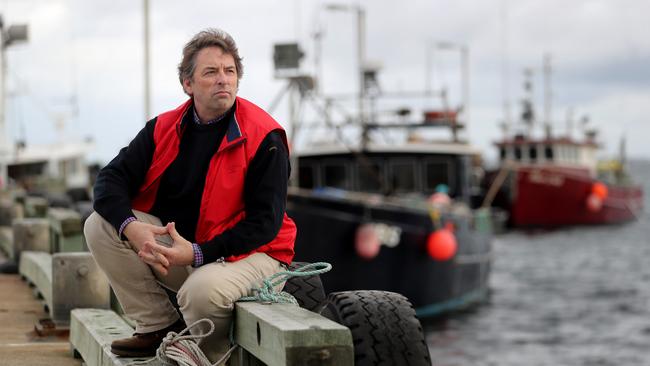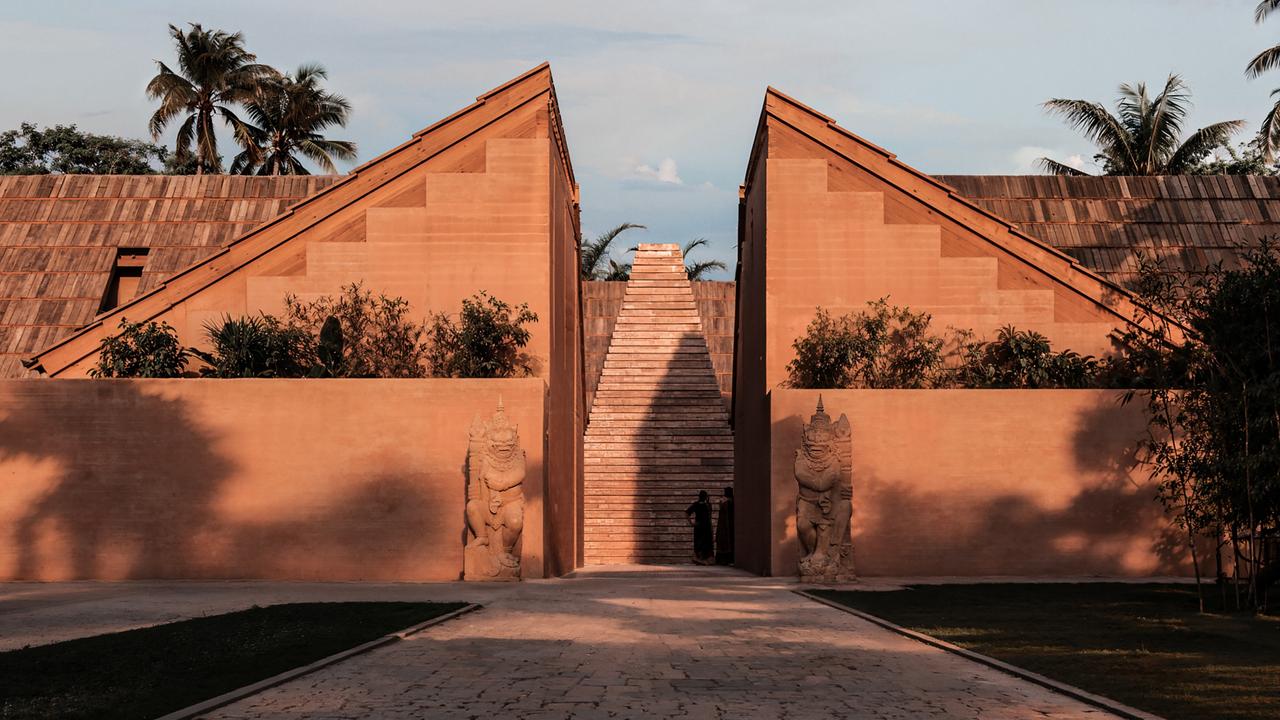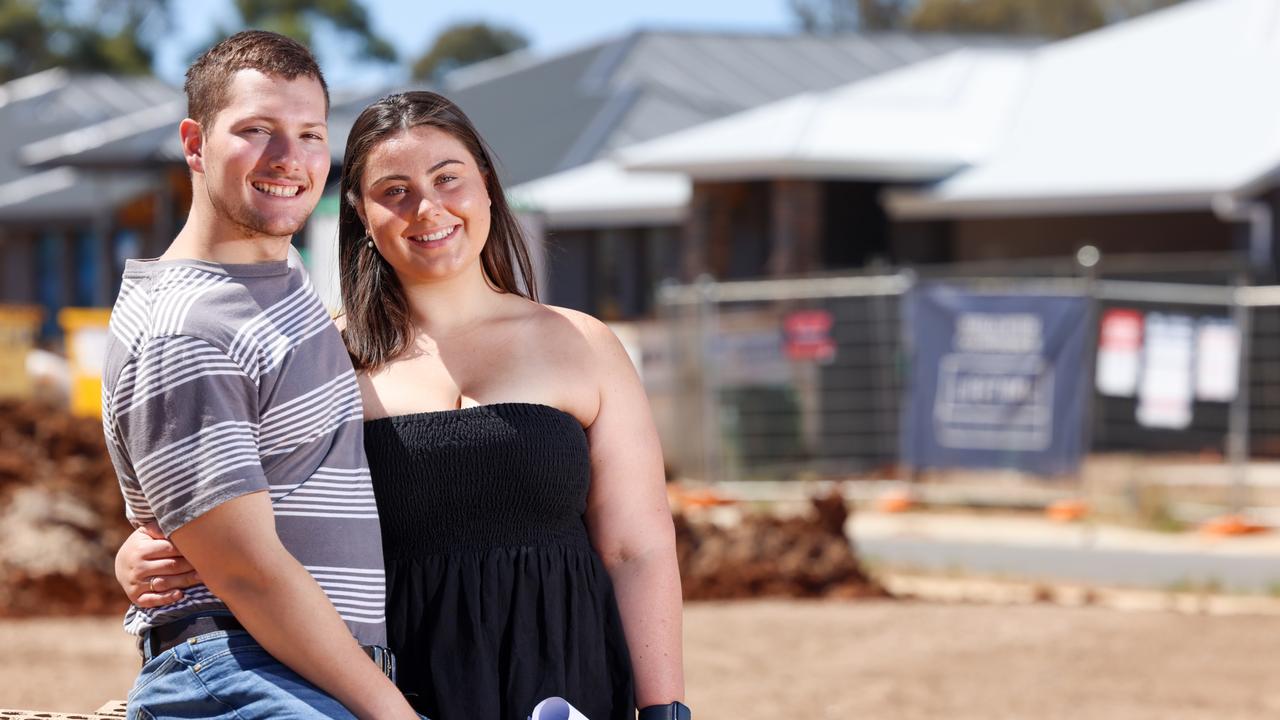Pristine King Island’s beef with fish farm
Many King Island residents are concerned about plans by aquaculture company Tassal Ltd to potentially farm salmon there.

As the sun sets behind a pristine beach of white sand framed by a wild, deserted coastline, Guy Barnes rides a wave with a palpable sense of peace and belonging.
Martha Lavinia, a remote northeast corner of King Island, means different things to this Bass Strait island’s diverse inhabitants.
Some come for the world-famous surf break; others to follow forebears in harvesting the rich bounty offered by the sea, with rods or cray pots.
Some like to spot rare birdlife drawn to globally-significant wetlands.
Many are united, though, by concern about plans by aquaculture company Tassal Ltd to potentially farm salmon off this stunning coastline.
Guy Barnes and his two sons worry about losing a favourite surf spot visited by the likes of Kelly Slater and Mick Fanning.
“It is untouched, pristine and has the really unusual occurrence of two tides and swell directions meeting at the one beach,” Mr Barnes explained.
“This creates the perfect set-up for a peaky, barrely, punchy wave, unusually close to a beach of pure white sand. It can be intense but other times serenely peaceful.”
Surfers fear dozens of large fish pens may alter the unique swell conditions and that pollution from fish excrement and excess food will foul the water and beach.
Surfers, swimmers and fishermen fear millions of salmon in pens will attract seals which, in turn, will lure sharks.

More broadly, they fear a repeat of problems seen in Macquarie Harbour, in Tasmania’s west, where dead zones have been created under fish pens, mass fish deaths reported and a reduction recorded in species diversity.
King Island — with virtual full employment, and booming agriculture, tourism, seafood and golf industries — does not need aquaculture as much as it may need the island.
“In an increasingly dirty world, King Island has a clean, green brand that underpins world-class beef, cheese, crayfish, abalone, oysters and now scallops — why would we risk all that?” said Gina Green, of local group Keep King Island Fish Farm Free.
Ms Green said her group would soon present a petition to state parliament opposing fish farming, signed by 65 per cent of the island’s voting population.
In response to concerns on mainland Tasmania, the state government has banned fish farming from much of the east coast, and instead urged aquaculture companies to look northwest.
Tassal is doing just that, as the $720 million salmon industry searches for sites to expand to meet burgeoning demand, mostly from mainland consumers. The alternative, it argues, is imports from less regulated markets.
The company points out that deep, well-flushed sites, such as that off King Island, are far less problematic, and that any impacts are localised to lease areas.
Flatly rejecting concerns about impacts on the surf break, beaches and shark numbers, Tassal insists any final plans will be rigorously tested via approval processes.
It is going to lengths to reassure locals, including flying sceptics to the Tasmanian mainland for tours of its operations.
It insists it is just testing the waters: monitoring the permit area for water temperature, wave strength, current speed and salinity, and exploring seabed depth and contour. “Our commitment is to do this carefully and responsibly, as well as to ensure the community is appropriately consulted at all times,” said Tassal engagement chief Barbara McGregor.
Some crayfishers, such as Gary “Bear” Alexander, fear the effects of fish farm waste and restricted access to the coast, but others, such as Kevin Smith are unconcerned. “I can’t see it being an issue — we’ve got better water movement here and nothing is going to settle,” Mr Smith said.
King Island mayor Duncan McFie acknowledged concerns but said some islanders saw opportunities in Tassal’s plans. “We have to be open-minded; I worry about folks locking themselves into a position,” Mr McFie said.




To join the conversation, please log in. Don't have an account? Register
Join the conversation, you are commenting as Logout